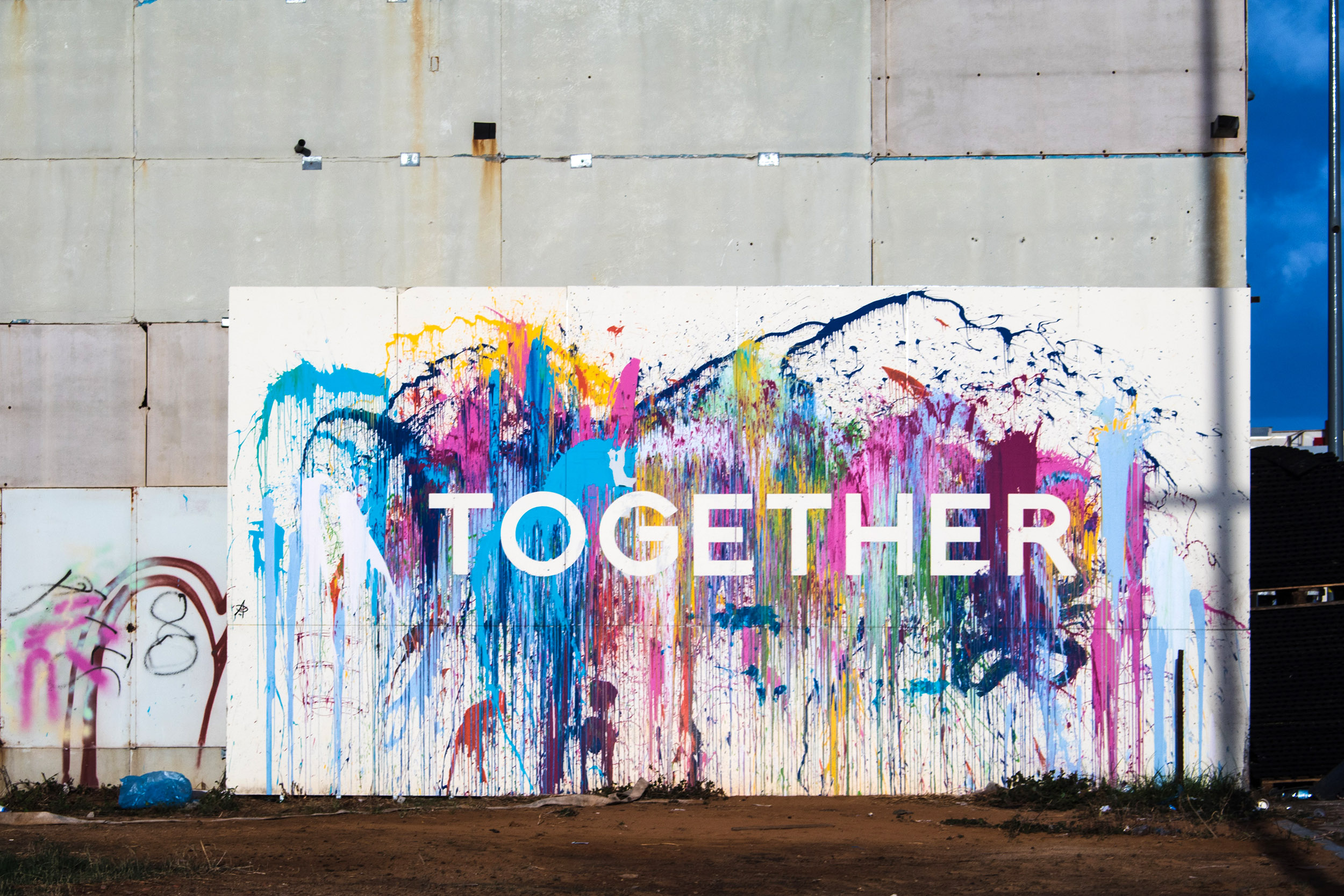Open Space session celebrates GFMD partnerships established during 2020, and highlights lessons learned for the future.
The penultimate day of the 13th Global Forum on Migration and Development (GFMD) Summit brought together some 170 delegates for the GFMD Open Space session, which for 2021 focused on Migration and Development Partnerships through 2020 and Beyond.
The session aimed to celebrate partnerships that have emerged through the GFMD process via the Migration Labs and other streams. The agenda therefore included presentation of key partnerships emerging in 2020, and a panel discussion on the challenges and opportunities of partnership development.
Opening the session, co-chair Abdulla Al Nuaimi of the United Arab Emirates Ministry of Human Resources outlined the extensive work of the GFMD on identifying and establishing partnerships leading up to the Open Space session. “Partnerships do more than improve outcomes for migration,” Al Nuaimi stated. “They also build trust amongst stakeholders for cooperation and collaboration. I believe today’s session will demonstrate how far the GFMD has travelled in supporting and realizing this area of work.”
Co-chair Rebekah Smith of Labor Mobility Partnerships also acknowledged delegates’ work in this area throughout 2020, stating: “We are here to celebrate the outcomes of your work, and discuss how the lessons learned can be built into the GFMD’s work going forward.”
“[May] this inspiring endeavor grow into a global solution that will change the world for the benefit of migrants and their communities.”
Bettina Etter, announcing Colombian start-up DignifAI as winner of the GFMD Migration Challenge
The session agenda began with the announcement of the winners of the second GFMD Migration Challenge, a competition designed to support impact-driven ventures focused on tackling global migration problems with the help of technology. Announcing the winner DignifAI, a Colombian start-up training and matching migrants with digital work opportunities, Bettina Etter of competition co-sponsor the Swiss Agency for Development and Cooperation stated her wish that “this inspiring endeavor grows into a global solution that will change the world for the benefit of migrants and their communities.”
Opening a dedicated panel presenting partnerships designed within the GFMD structure, panel chair Michael Clemens of the Center for Global Development emphasized that “it is by learning about what these partnerships are and how they came about that we hope to help the process of making more of them happen in the future.” The panel introduced five example partnerships:
- Partnership on entrepreneurial mobility between Senegal and Belgium (Belgian Development Agency and Consortium Sénégal Jeunesse);
- Update on the Knowledge Hub for Migration and Sustainable Development (United Nations Institute for Training and Research);
- Partnership ideas on labor mobility schemes and on diaspora contribution for up-skilling in countries of origin (African Foundation for Development (AFFORD) and the Food and Agriculture Organization of the United Nation);
- New features of the Migration EU eXpertise+ (MIEUX+) initiative in the area of capacity development partnerships (European Commission Directorate-General for International Partnerships and the International Centre for Migration Policy Development); and
- Partnership to grow youth participation at the GFMD (UN Major Group for Children and Youth).
Presenters highlighted the potential for the work and impacts of successful partnerships to be scaled up across sectors, countries and stakeholders; the crucial importance of funding support for partnerships; and the central role of diaspora communities and organizations in ensuring that benefits are maximized for migrant populations.
The session concluded with an expert panel discussion, Reflections on Partnerships 2020: What Has Worked, and What Hasn’t?, chaired by Head of the United Arab Emirates GFMD Taskforce Alex Zalami.
Summarizing the nature and purpose of partnerships, Clemens stated: “It is so important that partnerships are not just between governments. Civil society, youth, international organizations and the private sector are all critical to breaking down the many barriers that exist to collaboration and cooperation.”
Anne Hitzegrad of the German Federal Ministry for Economic Cooperation and Development noted the importance of clear common vision on which to base partnerships, stating: “There always needs to be a ‘triple win’, so partnerships benefit migrants, create positive development outcomes for country of origin and benefit countries of destination.”
“It is so important that partnerships are not just between governments. Civil society, youth, international organizations and the private sector are all critical.”
Michael Clemens, Center for Global Development
Addressing the impact of COVID-19, Etter noted how planning for recovery has been supported by strong existing partnerships that enabled “an early assessment of the impact of COVID-19 on existing projects, and solid information on new needs arising from the pandemic that we can use to make the required changes to projects and to our allocation of funds.”
Concluding with thoughts on how the GFMD should support partnerships in future, presenters pointed to the value of the global network and community provided by the GFMD to developing partnerships, and identified regular pathways, skills partnerships and COVID-19 recovery as key areas to be addressed by the GFMD in this area going forward.
Photo by Nicole Baster on Unsplash

